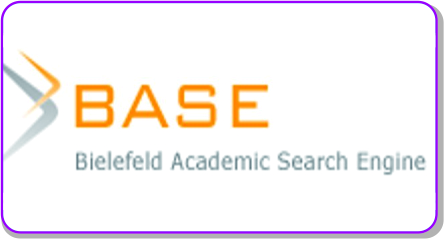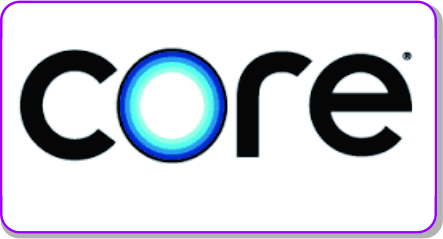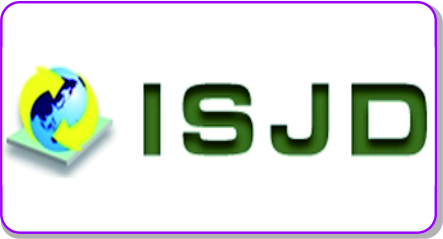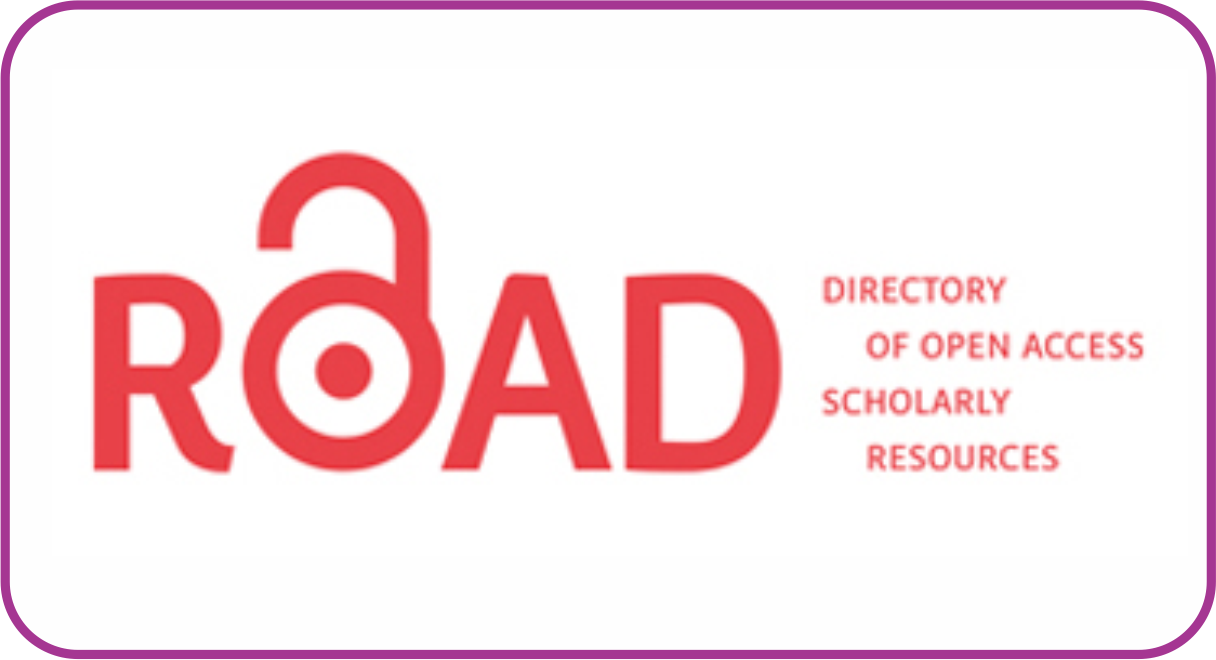SDGs Achievement on Social Pillars: A Spatiotemporal Analysis of Education Participation in Indonesia for the 2015 to 2021 Period
DOI:
https://doi.org/10.30983/educative.v7i1.5431Keywords:
SDGs, Educational Participation, SpatiotemporalAbstract
Since 2015, education has become an important part of social pillars supporting Sustainable Development Goals (SDGs). The fourth goal of SDGs, quality education, emphasizes inclusive, equitable, and lifelong education. The Indonesian government has prioritized region-based sustainable development in its 2020-2024 Medium-Term National Development Plan (RPJMN). It has also emphasized the achievement of secondary and higher education levels in Human Resource (HR) development targets. This achievement can be realized if there is equal distribution of educational participation, starting from the primary to the tertiary level. This quantitative study aims to analyze and elaborate spatiotemporal insights at every level of education regarding the development of educational participation in Indonesia during the period of 2015 to 2021. Results have shown that there was a significant spatiotemporal development in the achievement of inter-level educational participation during this period. The implementation of regional-based education development needs to be optimized to achieve an inclusive distribution of educational participation among provinces.
Sejak 2015, pendidikan menjadi salah satu bagian penting dalam pembangunan berkelanjutan (SDGs) pilar sosial. Tujuan ke-4 SDGs yaitu pendidikan berkualitas, penitikberatan pada pendidikan inklusif, merata, dan sepanjang hayat. Pemerintah Indonesia menekankan pembangunan berkelanjutan berbasis wilayah pada RPJMN 2020-2024. Pemerintah juga menekankan capaian jenjang pendidikan menengah ke atas pada highlight sasaran pembangunan SDM. Capaian tersebut dapat terwujud apabila terdapat pemerataan partisipasi pendidikan secara terstruktur dan berkesinambungan, mulai dari jenjang pendidikan SD hingga Perguruan Tinggi. Tujuan dari penelitian ini adalah menganalisis dan mengelaborasi insight secara spasiotemporal pada setiap jenjang pendidikan mengenai perkembangan capaian pembangunan dan pemerataan partisipasi pendidikan di Indonesia pada periode 2015 hingga 2021. Hasil penelitian menunjukkan bahwa terdapat perkembangan signifikan pada pola capaian partisipasi pendidikan antarjenjang dari periode 2015 hingga 2021. Pengimplementasian pembangunan pendidikan berbasis wilayah perlu dioptimalkan untuk mewujudkan pemerataan karakteristik partisipasi pendidikan antarprovinsi
References
Journal
Aleixo, Ana Marta, Ulisses M Azeiteiro, and Susana Leal. “Are the Sustainable Development Goals Being Implemented in the Portuguese Higher Education Formative Offer?†International Journal of Sustainability in Higher Education (2020).
Ãlvarez-Otero, Javier, and MarÃa Luisa De Lázaro y Torres. “Education in Sustainable Development Goals Using the Spatial Data Infrastructures and the TPACK Model.†Education Sciences 8, no. 4 (2018): 171.
Berawi, Mohammed Ali. “The Role of Industry 4.0 in Achieving Sustainable Development Goals.†International Journal of Technology 10, no. 4 (2019): 644–647.
Boeve-de Pauw, Jelle, Niklas Gericke, Daniel Olsson, and Teresa Berglund. “The Effectiveness of Education for Sustainable Development.†Sustainability 7, no. 11 (2015): 15693–15717.
Carayannis, Elias G, Thorsten D Barth, and David F J Campbell. “The Quintuple Helix Innovation Model: Global Warming as a Challenge and Driver for Innovation.†Journal of innovation and entrepreneurship 1, no. 1 (2012): 1–12.
Dariah, A R, A R Hidayat, and R Abdullah. “Islamic Values in Sustainable Economic Growth Planning: The Case of Indonesia and Brunei Darussalam.†In Islam, Media and Education in the Digital Era, 127–131. Routledge, 2022.
Darmawan, Dani. “The Process of Formulating A Strategic Plan for The Implementation of Vocational Education in Indonesia.†In The 5th International Conference on Research of Educational Administration and Management (ICREAM) 2021, 5:134–140, 2022.
Hasan, Zulfikar, and Saifunnajar Saifunnajar. “The Impact of Gross Enrollment Ratio (GER) of Tertiary Education in Indonesia on the Literacy and Inclusion Index: A Case Study Of Islamic Finance in Indonesia.†Al-Amwal: Jurnal Ekonomi dan Perbankan Syari’ah 13, no. 2 (2021): 203–214.
Imamuddin, M, M Zaharuddin, Andryadi Andryadi, Isnaniah Isnaniah, and Febria Sri Artika. “The Era of Industrial Revolution 4.0 and the Existence of Islamic Education.†TADRIS: Jurnal Pendidikan Islam 17, no. 1 (2022): 198–210.
Jones, Peter, Martin Wynn, David Hillier, and Daphne Comfort. “The Sustainable Development Goals and Information and Communication Technologies.†Indonesian Journal of Sustainability Accounting and Management 1, no. 1 (2017): 1–15.
King, Katherine Merseth, Luis Crouch, Annababette Wils, and Donald R Baum. “How Well Are We Measuring Access to Early Childhood Education?†Annual review of comparative and international education 2019 (2020).
Rohmani, Nani. “Analisis Angka Partisipasi Kasar Pendidikan Anak Usia Dini (PAUD) Di Seluruh Indonesia.†Jurnal Obsesi: Jurnal Pendidikan Anak Usia Dini 5, no. 1 (2020): 625.
Primanto, Aji, and Gunawan Undang. “Impact Evaluation Of The Road Infrastructure Development Policy In Improving The Quality Of Education Services In Indonesia.†Jurnal Mantik 5, no. 4 (2022): 2332–2339.
Tennekes, Martijn. “Tmap: Thematic Maps in R.†Journal of Statistical Software 84 (2018): 1–39.
Vare, Paul, and William Scott. “Learning for a Change: Exploring the Relationship between Education and Sustainable Development.†Journal of Education for Sustainable Development 1, no. 2 (2007): 191–198.
Setyaningrum, Dyah, Ratna Wardhani, and Nurmali Agustina. “The Fulfillment of the Quality Education in Indonesia Based on Sustainable Development Goals Indicators.†Review of Integrative Business and Economics Research 10 (2021): 35–42.
Sibarani, Sabungan, and Nomensen Sinamo. “Implementation of Educational Policy in Indonesia.†KnE Social Sciences (2020): 433–440.
Sapena, Marta, Michael Wurm, Hannes Taubenböck, Devis Tuia, and Luis A Ruiz. “Estimating Quality of Life Dimensions from Urban Spatial Pattern Metrics.†Computers, Environment and Urban Systems 85 (2021): 101549.
Book
Assembly, United Nations General. “Transforming Our World: The 2030 Agenda for Sustainable Development.†United Nations. New York, 2015.
Azizy, Qadri, and Melawan Globalisasi. “Reinterpretasi Ajaran Islam Persiapan SDM Dan Terciptanya Masyarakat Madani.†Yogyakarta: Pustaka Pelajar (2004).
Bappenas. Metadata Indikator Sustainable Development Goals (SDGs) Indonesia: Pilar Pembangunan Sosial. Bappenas. Jakarta, 2020.
———. Rencana Pembangunan Jangka Menengah Nasional (RPJMN) 2020-2024. Jakarta: Bappenas, 2019.
Das, Anupam, Sagar Kumar Dhawa, Krishnadas Banerjee, and Anirban Das. “Blended IoT-Enabled Learning Approach to Raise the Gross Enrollment Ratio (GER) of Female Pupils: A Study Using a Clustering Technique.†In Advances in Applications of Computational Intelligence and the Internet of Things, 103–115. Apple Academic Press, 2022.
Supranto, J. Analisis Multivariat : Srti Dan Interpretasi. Jakarta: Rineka Cipta, 2004.
Online References
González-Pérez, Laura Icela, and MarÃa Soledad RamÃrez-Montoya. “Components of Education 4.0 in 21st Century Skills Frameworks: Systematic Review.†Sustainability 14, no. 3 (2022): 1493.
Kualitas, Analisis, Penduduk Berdasarkan, Indikator Pendidikan, Di Kalimantan, Utara Tahun, Fani Setiati, Muhammad Baihaqi, et al. “Analisis Kualitas Penduduk Di Kalimantan Utara Berdasarkan Indikator Pendidikan Tahun 2018-2019†(2018).
Mattjik, Ahmad Ansori, I Sumertajaya, Gusti Ngurah Adhi Wibawa, and Alfian Futuhul Hadi. “Sidik Peubah Ganda Dengan Menggunakan SAS†(2011).
Peck, Roxy, Chris Olsen, and Jay L Devore. Introduction to Statistics and Data Analysis. Cengage Learning, 2015.
Rogers, Peter P, Kazi F Jalal, and John A Boyd. An Introduction to Sustainable Development. Routledge, 2012.
Seltman, Howard J. “Experimental Design and Analysis.†Carnegie Mellon University Pittsburgh, 2012.
Session, Special Working. “World Commission on Environment and Development.†Our common future 17 (1987): 1–9.
Singh, Alok Kumar, and Bimlesh Singh. “Role of Education in Sustainable Development Goals.†ECS Transactions 107, no. 1 (2022): 11685.
“Indonesia Geospatial Portal.†Geoposial.
Downloads
Submitted
Accepted
Published
Issue
Section
License
Authors who publish with this journal agree to the following terms:
1. Authors retain copyright and grant the journal right of first publication with the work simultaneously licensed under a Creative Commons Attribution License that allows others to share the work with an acknowledgment of the work's authorship and initial publication in this journal.
2. Authors are able to enter into separate, additional contractual arrangements for the non-exclusive distribution of the journal's published version of the work (e.g., post it to an institutional repository or publish it in a book), with an acknowledgment of its initial publication in this journal.
3. Authors are permitted and encouraged to post their work online (e.g., in institutional repositories or on their website) prior to and during the submission process, as it can lead to productive exchanges, as well as earlier and greater citation of published work (See The Effect of Open Access).





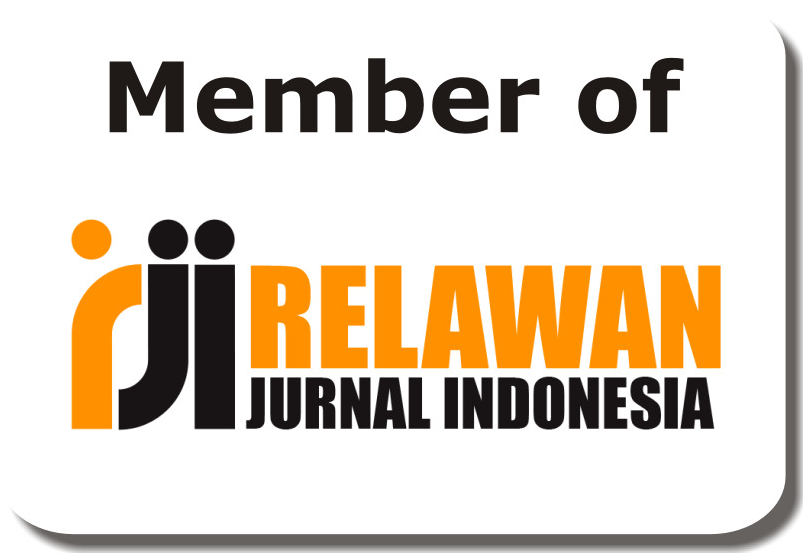


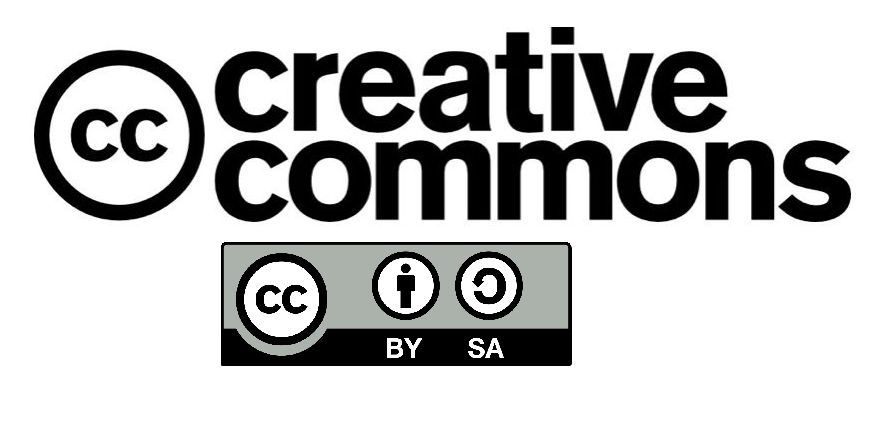


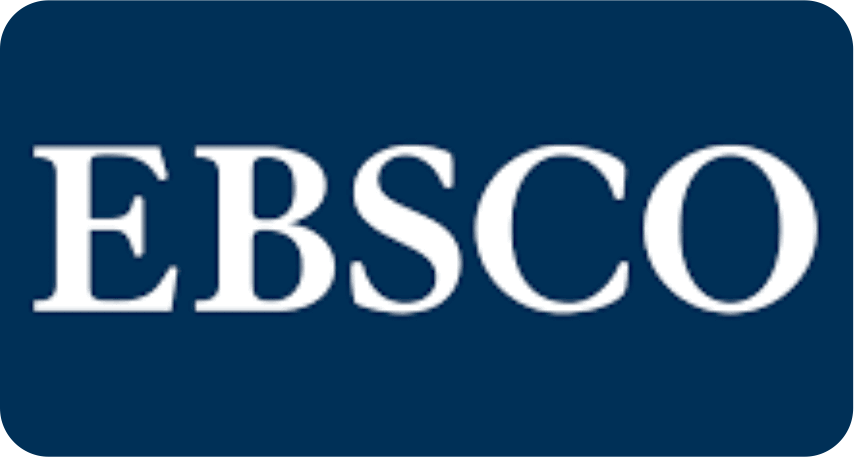






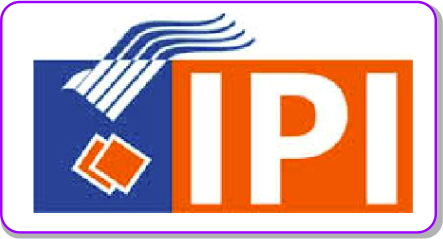 Â
 
